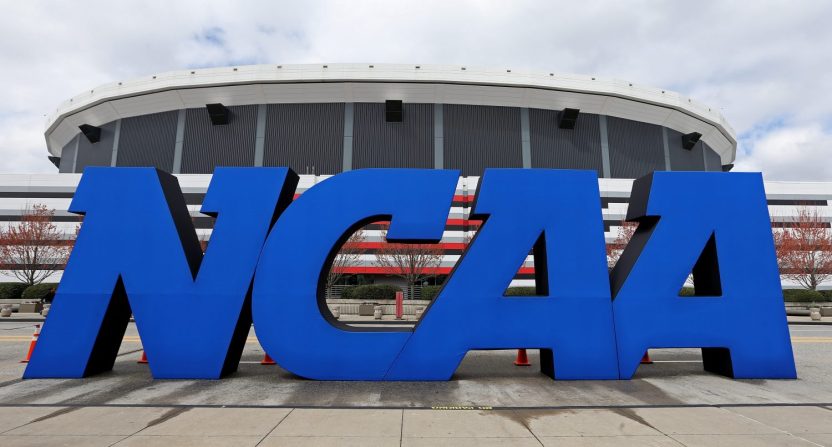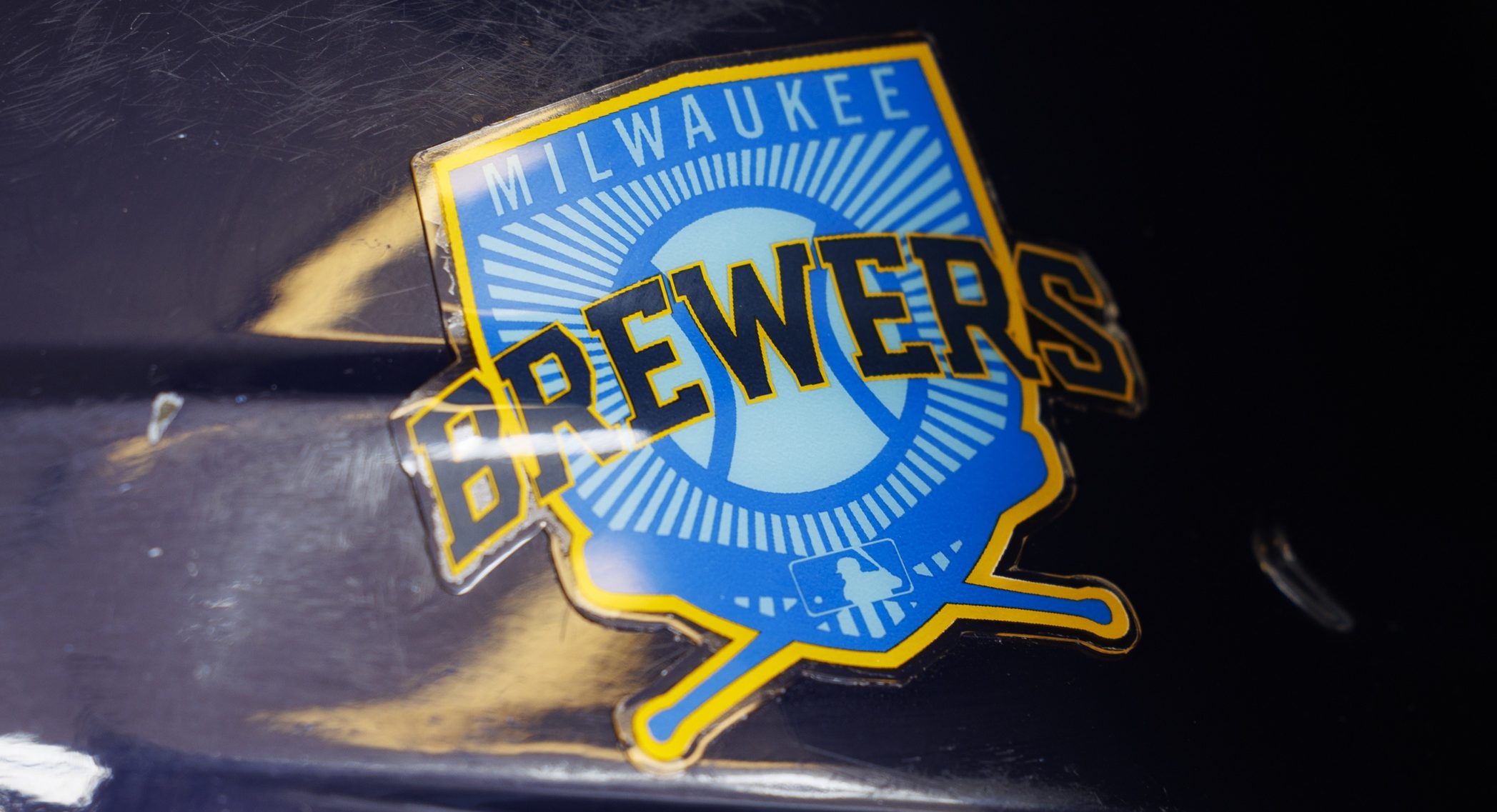College athletes will finally be allowed to profit from their name and likeness. That much is certain after California’s new law allowing college athletes to make money from sponsorships and using their name and likeness was signed into effect. College athletics has been fundamentally transformed forever, whether the NCAA wants to go peacefully or kicking and screaming is up to them. And if their immediate reaction to the California law is any indication, they’re choosing to go the kicking and screaming route.
No matter the protestations of the institution making tens of millions off of free labor, this is going to happen. And sooner rather than later. Much sooner.
One element of the California law that may have gone unnoticed is that it actually doesn’t go into effect for athletes until January 1, 2023. With that date over three years into the future, one may think that the NCAA at least has time to adjust to the idea and actually put some rules into place that would make the system work for everyone. However, the NCAA may not have that luxury thanks to the most recent developments happening around the country.
In what should come as no surprise, now that California has opened Pandora’s Box of Dismantling the Charade of Amateurism, other states are now racing one another to put similar laws on the books to put the NCAA in its place.
In what may be the most pressing situation, the state of Florida is introducing similar legislation to the new California law with a target date of July 1, 2020. This would accelerate the potential timeline for the NCAA to find a solution in a drastic way. But it’s not just Florida; Pennsylvania is about to send a proposed bill to their state legislature as well.
What do those states have in common? They just happen to have major college athletic programs that would certainly benefit from allowing college athletes to profit from their name and likeness. It’s hard to envision a scenario where this isn’t fixed nationwide and states are left to make different rules for themselves. Can you imagine a universe where Penn State allows players to make money, but Ohio State and Michigan don’t? Or Florida and Alabama? There’s a lot that’s worth protesting over in government today, but the Buckeyes or Crimson Tide or Longhorns being at a competitive disadvantage to their conference rivals would certainly be enough to get people to take the streets.
Other states preparing to step up with similar bills include New York, South Carolina, Minnesota, and Kentucky. Politicians love nothing more than suddenly riding a wave of momentum and popularity, so don’t be surprised if the list of states proposing legislation to pay “student-athletes” doubles by this time next week.
So, what next? This is a nightmare scenario for the NCAA, who has resisted change for far too long. The NCAA will be left with no choice but to allow “student-athletes” to begin profiting off their name and likeness across the board. It’s almost impossible to see any other outcome.
Could you imagine the infighting among universities, conferences, and states if the playing field were somehow not level and some states allowed players to be paid while others did not? There would be enough lawsuits and injunctions and legal maneuvering to stretch from the Rose Bowl to the Orange Bowl.
On the flip side, could you imagine the NCAA somehow barring schools from states with these laws in effect from competing in their respective sports? Just from the states that are mentioned you would lose USC, UCLA, Florida, Florida State, Miami, Penn State, Pitt, Kentucky, South Carolina, Clemson, and Minnesota from competition. I’m sure Dabo Swinney would be just fine playing for an NAIA championship because it’s all about the purity of competition, right?
The only way out of this mess for the NCAA is to finally tap out and open the gates to paying players.
The California law should have led the NCAA to the easiest slam dunk in the history of their institution. By allowing players to profit from their name and likeness, there are no serious structural changes that need to be made to the entire NCAA system. All of the sponsorship deals that athletes could gain would theoretically exist independently from the NCAA universe. Not only could the NCAA benefit from the good will created, but they could kick the can down the road on that structural change that is still badly needed and still claim to be caring for the welfare of athletes.
By removing the name and likeness restrictions, athletes get paid, fans get happy, and boosters come out from the shadows – what’s not to like about this from the NCAA prospective? And the best part of all is that somebody else did the hard work for them!
And yet, impossibly, the NCAA is falling further and further behind each day that they choose not to jump on board this moving train. Then again, given the NCAA’s years of incompetency and inaction, maybe that should be the least surprising thing of all.







